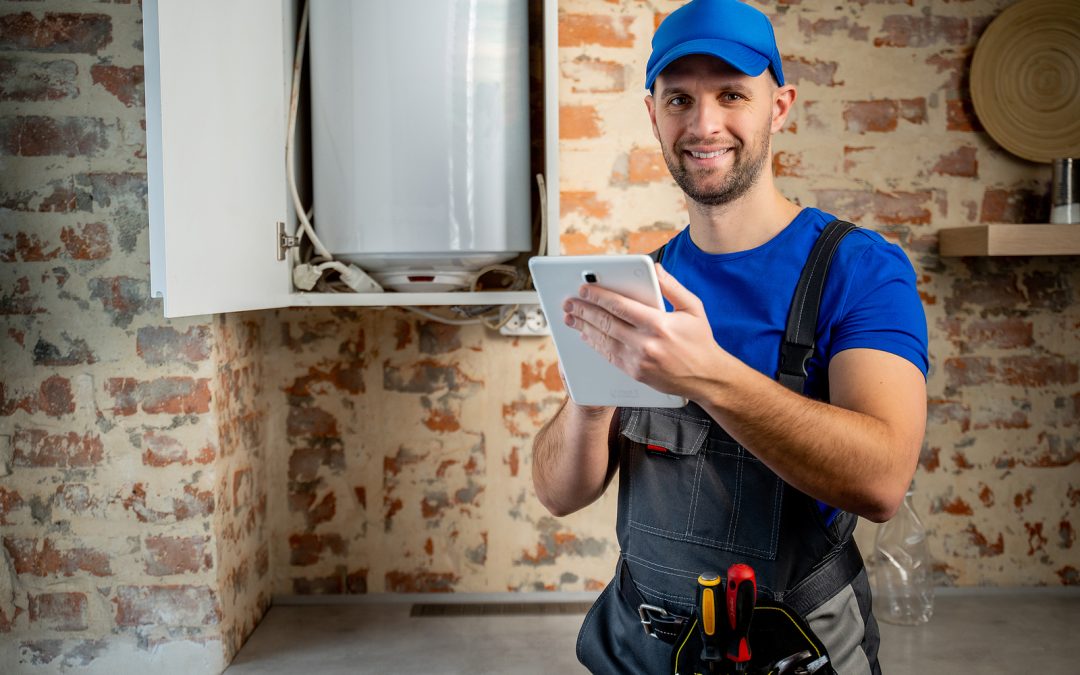Over the last year or so, households around the UK have been worrying about their rising energy bills. That’s why finding out how to use their boiler as efficiently as possible to save money will be appreciated by most bill payers.
- Flow temperature
Many people know by now they should wash clothes at 30C and turn their thermostat down in rooms they don’t often use. However, there are still some money-saving tips they might not know, including adjusting the flow temperature on the front of their combi boiler.
Reducing it from 75C or 80C to 60C could cut energy bills by as much as six per cent, according to The Sun.
This is the equivalent of £150 per year based on the government’s energy price guarantee of £2,500 for an average household. Those whose bills are higher than this will be able to save even more.
However, it is important to adjust the right dial, changing the flow temperature dial, not the hot water temperature one.
“Flow temperature means the temperature of water that flows around your radiators,” energy expert at the Energy and Utilities Alliance Isaac Occhipinti stated.
- Hot water temperature
The hot water temperature can also be turned down, as this is typically much higher than it needs to be. For instance, it is often set at between 65C and 70C, but could be lowered to 55C, as people do not tend to require water this hot when washing dishes or their hands, or running a bath.
Sustainability advisor for homebuilder Cala Homes Oliver Cooney told The Express: “Doing just this could provide up to an eight per cent saving on your gas bill and is easy to change if needed.”
However, it is important households do not assume they can turn their hot water temperature even lower to save more money. This could potentially be very dangerous, running the risk of legionella bacteria.
- Bleed radiators
Making sure radiators are in good working order makes a huge difference to the energy efficiency of your home. If they are not working properly, you might be tempted to turn the thermostat higher, meaning you will end up paying more for your heating.
Therefore, it is a good idea to ensure they are regularly bled. You can check if they need this by seeing if there are any cold spots in the radiators, or if they make a knocking sound when they start heating up. This could indicate there is air trapped inside the appliance, meaning hot water is not being able to flow through them efficiently.
They might also need a professional clean, as the build-up of dust might sound like a simple problem, but this can mean they are unable to heat up properly or distribute heat around the room.
If you are unsure whether your radiators need maintenance work, it is sensible to call plumbers in East Dulwich to take a look at them. This could save you lots in the long-run if they are made to run more efficiently.

